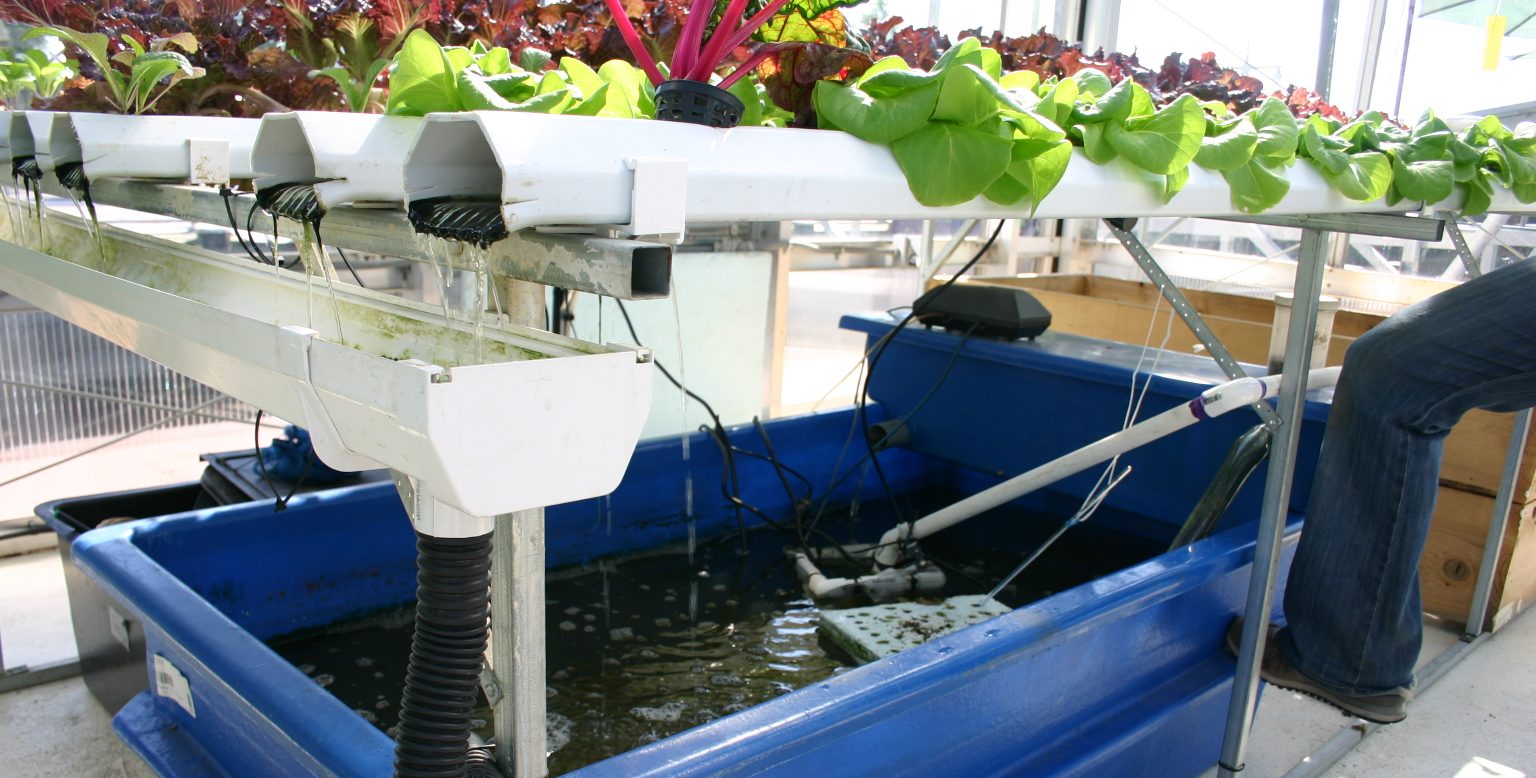Oko farms is proving that urban aquaponics is the way of the future in sustainable food production for the masses.
This urban aquaponic farm, the first of its kind in New York City, is proving to be incredibly important for those who live near it and an excellent example for those who care about food and the environment.
The Way We Do Things Now Isn’t Working
Throughout history, humans have used agricultural systems to create robust food supplies for their communities. These systems have changed and grown, and what is considered the conventional way of doing things now wasn’t always the case.
Historically, we habitually apply retrospective explanations for why things are how they are now. We want to have a linear progression from X to Y, and we are grateful for the benefits modern technology has given us, which sometimes gives us blind spots to the reality that some things were done better in the past than they are now.
However, today, we are waking up to the fact that it is directly because of certain modern technologies that our existence is threatened. This is why there has been a resurgence of rediscovering new techniques that were once considered antiquated or old-fashioned.
In agriculture, we are rediscovering that there are many different ways of growing food and that the mono-crop model that is the standard now isn’t necessarily the most efficient way.
One of these rediscovered methods that has stood the test of time for thousands of years is the aquaponic agriculture system, and in New York City, Oko Farms is proving that it’s still relevant today.
See also: Feeding British Columbia with Vertical Farms
What is Oko Farms?
Founded by Yemi Amu in 2013, Oko Farms is a small patch of green amongst the grey concrete and red bricks surrounding it. The first of its kind in New York City, it sits on a plot of 10,000 square feet, offering various vegetables and fish for sale.
Amu says that getting into aquaponics was an accident, as she originally started studying nutrition at Columbia University after she moved to the US from Lagos, Nigeria, 27 years ago.
Later, she worked at a housing facility for homeless people and those with mental illnesses when she discovered their rooftop garden. However, when she was running a farmer’s market and gardens at lower-income schools across Brooklyn, she was inspired to start an aquaponic farm after hearing about it from a colleague.
She started the farm on a 2,500-square-foot plot in Crown Heights, Brooklyn, and ran her operation for nearly a decade there until moving last year to her new location called River Street Farm Collective in Williamsburg.
One of the significant factors contributing to her starting Oko Farms was that access to healthy food often isn’t available for people living on the margins of society. “We don’t want this to be only for the wealthy Williamsburg demographic, that’s something I struggled with for a bit,” said Amu.
That is why, in addition to her business selling her fish and produce, she also runs various community and education programs on her farm. Whatever food she doesn’t end up selling gets donated directly to One Love Community, an organization that runs community fridges throughout Brooklyn.
Now, for how urban aquaponics functions, it works by having the roots of the plants in the water where the fish are. It starts with the fish creating waste, which is then broken down into byproducts by microbes in the water, which is then sucked up by the plants leaving clean water behind.
This method is advantageous, especially in dense urban areas, because it doesn’t require massive amounts of land to produce an equivalent, sometimes increased, amount of food.
Water conservation is also a significant reason urban aquaponics works so well since it relies on the cycling of existing water compared to conventional agriculture.
Urban Aquaponics Could Be the Future of Farming
There are so many reasons why Oko Farms is showing itself as a prime example of how to run an urban farm; it’s hard to choose any of them.
These kinds of operations are environmentally sensitive and significantly benefit the communities that host them. We are moving into a world where climate change, water scarcity, and food insecurity will worsen.
The way that we can tackle these problems is by putting our feet into the mud and getting these operations running.
Yemi Amu inspires those who want to give back to their communities and do it correctly. Hopefully, in the future, we will see more and more people following in her footsteps and becoming a pillar in their communities the way Amu is.











Is this article suggesting aquaponic farming should replace traditional farming in rural areas as well as the development of it in urban communities?
I think the suggestion is to have the aquaponics supplement or augment traditional farms. A closed loop, circular or regenerative farm like a permaculture system can provide a lot of food in a very small area and I do not think they would be displaced by aquaponics, if anything, an aquaponics system would compliment one.